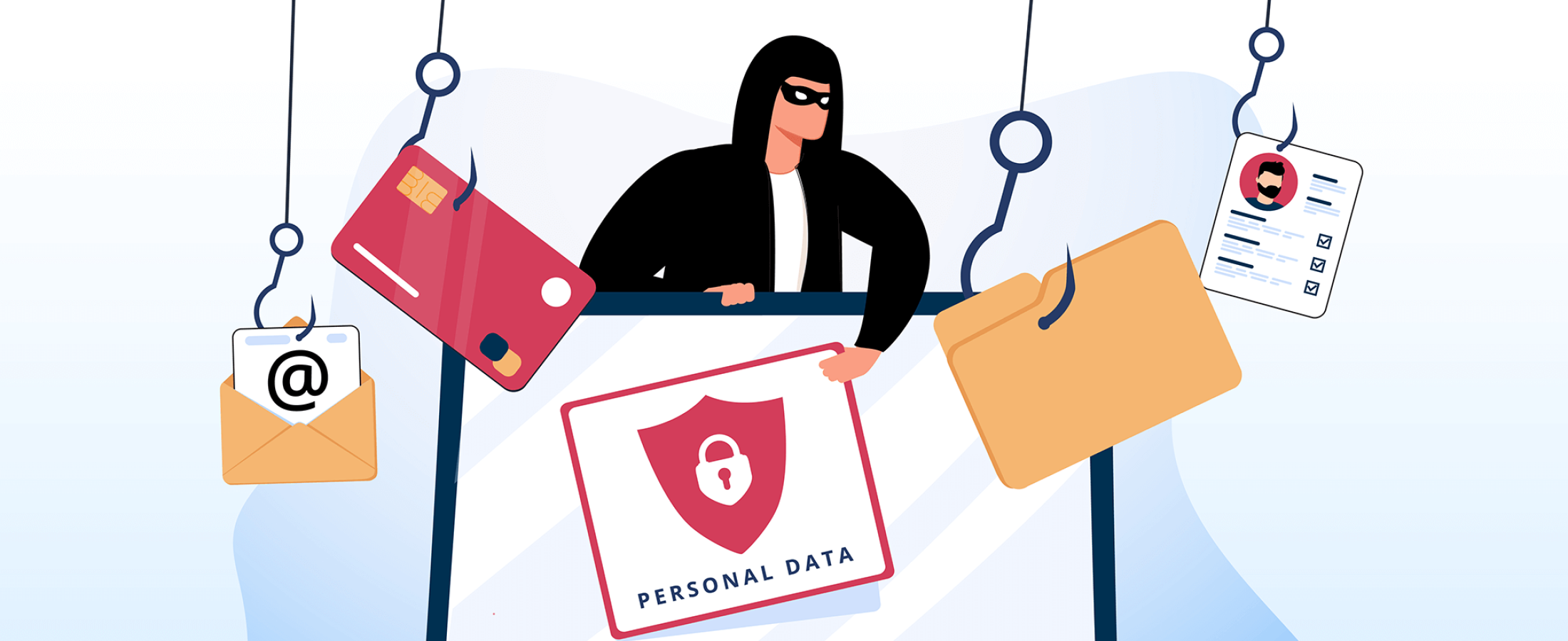
Avoid these scams during the holidays
If it seems too good to be true, it probably is.
During the holiday season, always be wary of deals online. Here are some top scams to watch out for and how you can avoid becoming a scammer’s next victim.
Top scams to watch out for during the holidays
Many scams happen throughout the year, but scammers prey on the increase of online payments and web usage during the holidays, according to Forbes. Some scams you should watch out for include:
- Gift card scams: Scammers love gift cards because they are untraceable, making it difficult to recover the money. A common way includes scammers asking people to pay with a gift card to avoid being in trouble with the government or pretending to be a family member or friend needing money for a store.
- Charity scams: These may take place online or over the phone. Scammers will push victims into donating or trick them by thanking them for a donation they never did and asking for a payment. Scammers will be vague when asking but won’t detail how the donation is used.
- Package delivery scams: Watch out for delivery notification scams texts or calls. The text messages and calls appear to be from a legitimate mail or package courier and include a fake tracking link. It will lead you to a website to enter your personal information or install malware on your computer or phone. This malware will start stealing your information. The scam may also come as a voicemail message asking you to call back to receive your delivery. The call can result in high connection fees and expensive per-minute rates. These scams may request money such as a customs fee or tax in return to deliver a package.
- Temporary holiday job scams: Scammers take advantage of the seasonal hiring season to target job seekers. A job posting may ask the applicant to pay for job supplies, application, or training fees. They may also promise high wages for routine tasks such as answering phones.
Avoiding holiday scams
According to the FBI, there are some ways you can protect yourself and your money. They include:
Practice good cybersecurity hygiene.
- Don’t click any suspicious links or attachments in emails, on websites, or on social media. Phishing scams and similar crimes get you to click on links and give up personal information like your name, password, and bank account number. In some cases, you may unknowingly download malware to your device.
- Be especially wary if a company asks you to update your password or account information. Look up the company’s phone number on your own and call the company.
Know who you’re buying from or selling to.
- Check each website’s URL to make sure it’s legitimate and secure. A site you’re buying from should have https in the web address. If it doesn’t, don’t enter your information on that site.
- If you’re purchasing from a company for the first time, do your research and check reviews.
- Verify the legitimacy of a buyer or seller before moving forward with a purchase. If you’re using an online marketplace or auction website, check their feedback rating. Be wary of buyers and sellers with mostly unfavorable feedback ratings or no ratings at all.
- Avoid sellers who act as authorized dealers or factory representatives of popular items in countries where there would be no such deals.
- Be wary of sellers who post an auction or advertisement as if they reside in the U.S., then respond to questions by stating they are out of the country on business, family emergency, or similar reasons.
- Avoid buyers who request their purchase be shipped using a certain method to avoid customs or taxes inside another country.
Be careful how you pay.
- Never wire money directly to a seller.
- Avoid paying for items with pre-paid gift cards. In these scams, a seller will ask you to send them a gift card number and PIN. Instead of using that gift card for your payment, the scammer will steal the funds, and you’ll never receive your item.
- Use a credit card when shopping online and check your statement regularly. If you see a suspicious transaction, contact your credit card company to dispute the charge.
Monitor the shipping process.
- Always get tracking numbers for items you buy online, so you can make sure they have been shipped and can follow the delivery process.
- Be suspect of any credit card purchases where the address of the cardholder does not match the shipping address when you are selling. Always receive the cardholder’s authorization before shipping any products.
The information in this article was obtained from various sources not associated with Adirondack Bank. While we believe it to be reliable and accurate, we do not warrant the accuracy or reliability of the information. Adirondack Bank is not responsible for, and does not endorse or approve, either implicitly or explicitly, the information provided or the content of any third-party sites that might be hyperlinked from this page. The information is not intended to replace manuals, instructions or information provided by a manufacturer or the advice of a qualified professional, or to affect coverage under any applicable insurance policy. These suggestions are not a complete list of every loss control measure. Adirondack Bank makes no guarantees of results from use of this information.
Written by: https://www.fbi.gov/how-we-can-help-you/safety-resources/scams-and-safety/common-scams-and-crimes/holiday-scams; https://www.forbes.com/advisor/personal-finance/holiday-scams/

